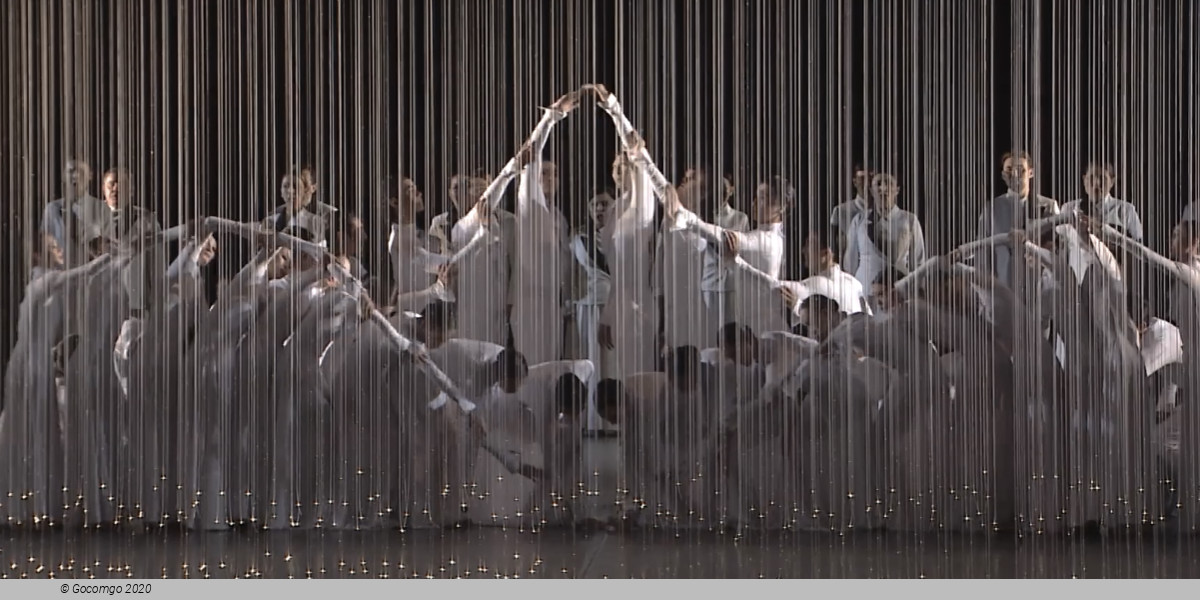Events91 results
About
Franz Joseph Haydn was an Austrian composer of the Classical period. He was instrumental in the development of chamber music such as the piano trio. His contributions to musical form have earned him the epithets "Father of the Symphony" and "Father of the String Quartet".
Haydn spent much of his career as a court musician for the wealthy Esterházy family at their remote estate. Until the later part of his life, this isolated him from other composers and trends in music so that he was, as he put it, "forced to become original". Yet his music circulated widely, and for much of his career he was the most celebrated composer in Europe.
He was a friend and mentor of Mozart, a tutor of Beethoven, and the older brother of composer Michael Haydn.
James Webster writes of Haydn's public character thus: "Haydn's public life exemplified the Enlightenment ideal of the honnête homme (honest man): the man whose good character and worldly success enable and justify each other. His modesty and probity were everywhere acknowledged. These traits were not only prerequisites to his success as Kapellmeister, entrepreneur and public figure, but also aided the favorable reception of his music." Haydn was especially respected by the Esterházy court musicians whom he supervised, as he maintained a cordial working atmosphere and effectively represented the musicians' interests with their employer; see Papa Haydn and the tale of the "Farewell" Symphony. Haydn had a robust sense of humor, evident in his love of practical jokes and often apparent in his music, and he had many friends. For much of his life he benefited from a "happy and naturally cheerful temperament", but in his later life, there is evidence for periods of depression, notably in the correspondence with Mrs. Genzinger and in Dies's biography, based on visits made in Haydn's old age.
Haydn was a devout Catholic who often turned to his rosary when he had trouble composing, a practice that he usually found to be effective. He normally began the manuscript of each composition with "in nomine Domini" ("in the name of the Lord") and ended with "Laus Deo" ("praise be to God").
Haydn's primary character flaw was greed as it related to his business dealings. Webster writes: "As regards money, Haydn was so self-interested as to shock [both] contemporaries and many later authorities ... He always attempted to maximize his income, whether by negotiating the right to sell his music outside the Esterházy court, driving hard bargains with publishers or selling his works three and four times over; he regularly engaged in 'sharp practice' and occasionally in outright fraud. When crossed in business relations, he reacted angrily." Webster notes that Haydn's ruthlessness in business might be viewed more sympathetically in light of his struggles with poverty during his years as a freelancer—and that outside of the world of business, in dealings, for example, with relatives and servants and in volunteering his services for charitable concerts, Haydn was a generous man.
Haydn was short in stature, perhaps as a result of having been underfed throughout most of his youth. He was not handsome, and like many in his day he was a survivor of smallpox; his face was pitted with the scars of this disease. His biographer Dies wrote: "he couldn't understand how it happened that in his life he had been loved by many a pretty woman. 'They couldn't have been led to it by my beauty.'"
His nose, large and aquiline, was disfigured by the polyps he suffered during much of his adult life, an agonizing and debilitating disease that at times prevented him from writing music.



